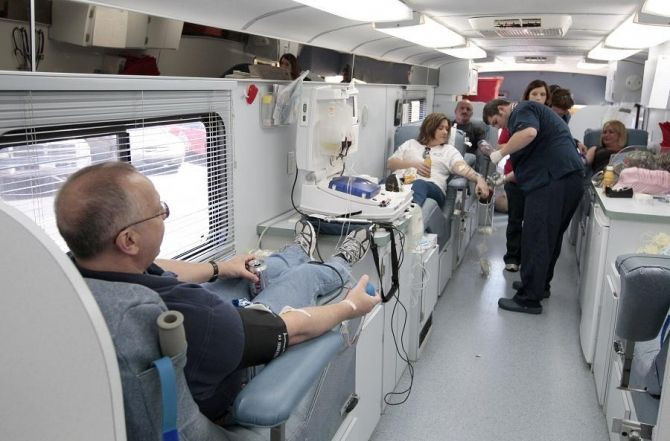Mexico Lifts Ban on Blood Donations From Gay Men

This week, Mexico will become the first country in North America to lift the ban on blood donations from gay and bisexual men, according to the Huffington Post. Instead, the new regulations will ask prospective donors to recount their sexual history rather than their sexual orientation. Men who have sex with men (MSM) will be eligible to donate blood, along with other individuals, as long as they are practicing and have practiced safe sex in the past, do not test positive for HIV or hepatitis, do not work as prostitutes and do not inject drugs. The move went into effect on Christmas day, though it was approved this summer in August.
The move was applauded by several influential groups, particularly the government body called the National Council to Prevent Discrimination (CONAPRED). The organization confirmed and applauded the change in a statement released on its website, saying, "In making these discriminatory distinctions, the [previous] norm explicitly violated the prohibition against discrimination present in the Constitution and the Federal Law to Prevent and Eliminate Discrimination, as well as Article 24 of the American Convention on Human Rights and Article 26 of the International Civil and Political Rights Treaty, among other international instruments of law, which establish that every person is equal before the law regardless of any condition."
Currently, in many countries, including in the United States, a person must divulge on a form whether they have had sex with a person of the same gender as themselves if they want to donate blood.
Another outlet, the South Florida Gay News, notes that, though Mexico is the first country to approve the move, it is not the only country in the Americas that is considering this change. Argentina's Chamber of Deputies, the equivalent of the House of Representatives in the United States, approved a similar bill that would allow gay and lesbian individuals to donate blood. The bill will go up for a vote in the Senate in 2013.



























